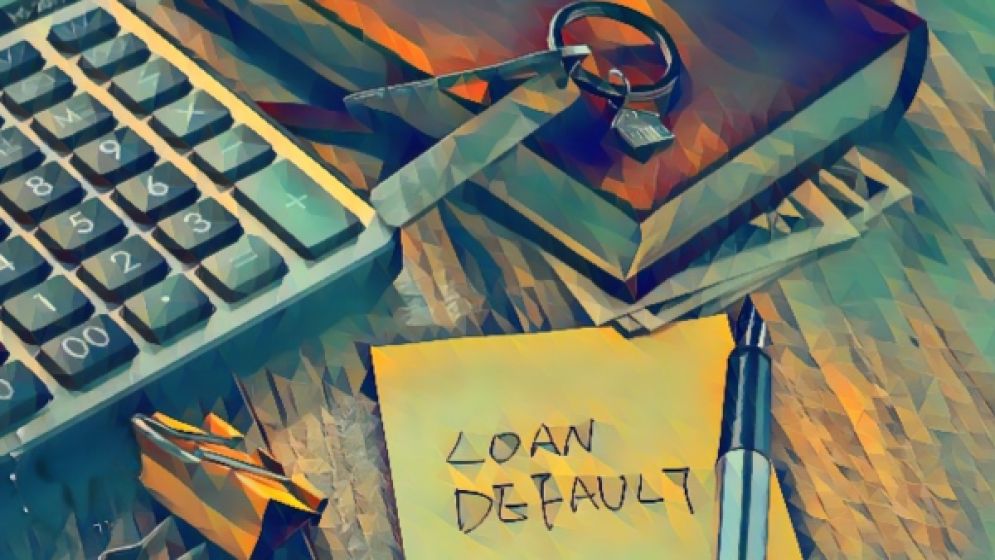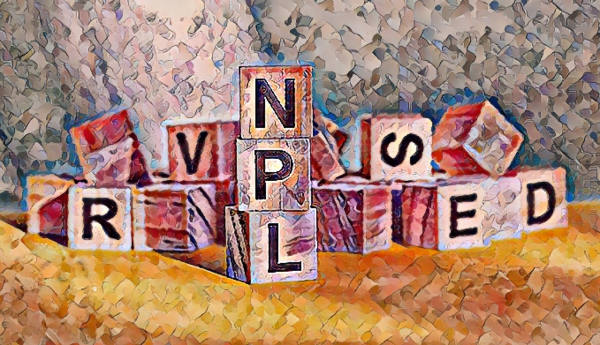Will Bangladesh Bank's new “lenient” exit policy for borrowers solve the bad loan problem?

In a groundbreaking move, the Bangladesh Bank (BB) on Monday has introduced an exit policy that gives defaulted borrowers a three-year window to repay loans with a 10% down payment.
This policy is designed to improve liquidity and reduce bad debt within the banking sector, says the BB in a circular.
Importantly, this exit facility will not be classified as loan restructuring or rescheduling, and borrowers must fully repay existing loans before accessing new credit, the circular added.
A top official from the central bank confirmed to Bangla Outlook that this new "Exit Policy" allows both defaulting and non-defaulting businesses to settle their industrial loans by paying off the remaining balance, subject to certain conditions.
To be eligible for this facility, applicants must make an upfront deposit of at least 10% of the outstanding loan amount, the official said, adding that the banks have been instructed to formulate their own policies in accordance with the central bank's guidelines, ensuring consistent conditions.
The central bank's circular, directed towards managing directors of banks, stated that banks will have the authority to determine the loan installment period, allowing borrowers to repay their dues over a period of three years through multiple payments.
In the past, banks followed varying criteria for loan exits, but now the Bangladesh Bank has provided a standardized policy.

Will it help reduce NPL?
The introduction of the exit policy, amid parliamentary criticism of interest waivers, is viewed by some as an attempt to mask the severity of Bangladesh's bad loan situation.
By the end of March, defaulted loans had reached a record Tk 182,000 crore, representing 11.11% of total outstanding credit, a figure that has raised concerns with the International Monetary Fund.
The central bank, however, maintains that the policy is necessary to recover loans from clients facing financial difficulties due to unforeseen circumstances. It is hoped that the exit policy will improve the current situation.
However, even if borrowers use the exit facility, they will continue to be classified as defaulters until the loan is fully repaid, according to a Bangladesh Bank official. Banks will note this exit status next to their classification in the Credit Information Bureau.
A managing director of a private bank cautioned that many defaulted borrowers will benefit from the exit facility as they can repay the remaining loan amount over three years after paying 10% of their default.
He highlighted a previous exit policy for top borrowers, which resulted in many borrowers exiting without full repayment, leading to a significant portion of loans remaining in default.
In 2019, the central bank introduced a one-time exit policy for borrowers with loans exceeding Tk 500 crore. That policy allowed for loan repayment over 10 years, with a one-year grace period, at 9% simple interest and a 2% down payment.
The BB circular on the new exit policy states that the regular loan exit facility can be availed when a project or business is closed due to unforeseen circumstances or the borrower's decision.
Banks are required to process applications within 60 days of receipt, and the exit facility must be approved by the bank's board of directors, except for loans up to Tk10 lakh, which can be approved by bank management.
Interest waivers can be granted under this facility as per the central bank's policy. However, if the loan is not repaid within the stipulated time frame, the waived interest will be reinstated, and the exit facility will be revoked.
In such cases, the central bank's guidelines will be followed for debt recovery under the exit facility.
The circular stipulates that adequate provisions must be maintained for the loan, and the collateral cannot be released until the loan is fully repaid.
However, repayment can be achieved through the sale of the mortgaged property, with the loan amount negotiable between the customer and the bank.

What do the experts say?
Economist Birupaksha Paul said loan defaulting has already become a deeply entrenched issue in Bangladesh, similar to the mafia in Italy, drug lords in Mexico,and the gun lobby in the US.
“Bangladeshi defaulters exploit any global downturn, regardless of its impact on the country,and their bad loans have historically increased even during periods of economic growth, defying economic logic,” he said, adding that the new exit policy will not be that successful in reducing the NPL.
Monzur Hossain, research director of the Bangladesh Institute of Development Studies (BIDS), argues that the exit policy should have been left to the banks' discretion, as it could negatively impact their profitability and incentivize borrowers to default.
Mohammad Nurul Amin, former chairman of the Association of Bankers of Bangladesh, shares similar concerns, stating that the policy may encourage defaulters to avoid repaying their loans.
—

